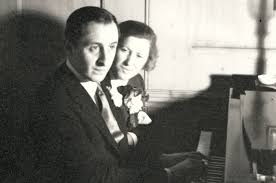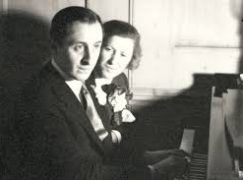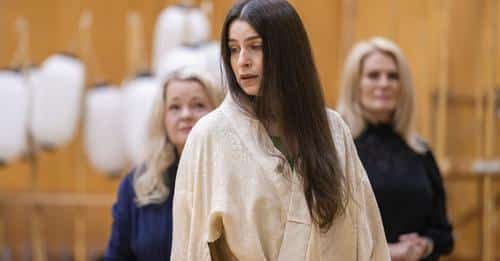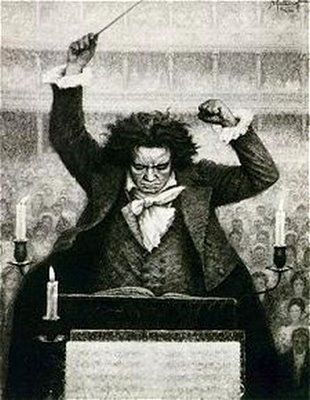Unreleased Chopin by Vladimir Horowitz
mainListen, and marvel.
Thanks, again, to Mikhail Kaykov.


Review for slippedisc.com by Susan Hall: Asmik Grigorian,…

South Korea’s young Cliburn winner has been an…

From the new issue of The Critic: Early…

The New York Times obit for the late…

Session expired
Please log in again. The login page will open in a new tab. After logging in you can close it and return to this page.
In this recording, Horowitz is on full display: occasional lovely passages interspersed with missed notes, smeared runs, a hard hammering touch, and odd rubato.
What I “marvel” at is his exalted reputation.
Nota bene, commenters: this is my own personal opinion.
Lovely…an absolute marvel. Grazie!
Phenomenal playing. How is it that no one, no matter how gifted (and there is no scarcity of tremendously gifted pianists), can play with such abandon any longer?
Marvellous lightness. Fine rubati.
Hearty thanks to the contributor. I can’t remember hearing Horowitz play these two etudes, but I think there is a later “Revolutionary” for Sony. This is vintage Horowitz and makes a nice group. Op. 22 is one of the “other” polonaises, including the posthumous B-flat, D minor, and one for cello, and is one of the longest with Op. 44 in F-sharp minor, which contains a mazurka, and which Horowitz plays marvelously.
There is fine filigree in this Op. 22, and some blue notes, if not quite the elegance that Michelangeli, Rubinstein, and Cortot brought to it. I’have never seen it played live in either solo piano or orchestral versions. Two more good mazurkas complete the set. The live audience sounds small and not especially enthusiastic. They were spoiled then.
Thank You!
quelle finesse incroyable…
thank you for posting this!
I don’t know whether or not it has been commercially released but you can hear the full recital at Carnegie Hall on 24.04.1946 at this link https://youtu.be/d0ZUkpyniZU uploaded by someone else a couple of years ago (and without trying to make money from it).
In mentioning Chopin’s longer polonaises I forgot the Polonaise-Faintasie in A-flat, Op. 61.
There are surprisingly few other well-known examples: two by Prince Oginski; three by Beethoven including one for solo piano; two by Liszt; a grand orchestral polonaise in Tchaikovsky’s “Eugene Onegin”; and Scriabin’s Polonaise in B-flat minor, Op. 21, with an awkward octave trill, recorded by Vladimir Sofronitzki and twice by Igor Zhukov. Bach’s polonaises are very different.
It’s one of those performances that is unmistakably Horowitz – exhilarating runs, impossibly quiet pianissimo hard percussive fortissimo, somewhat quirky phrasing, breathtaking tension. I intended to listen only to the end of the polonaise, but, true to form, Horowitz demanded my attention through all the encores!
My favourite performance of the Andante Spinato and Grand Polonaise is a studio recording, on I think Telarc, by Malcolm Frajer. It doesn’t have Horowitz’s unique impetuous fervour, but overwhelmingly makes up for it in a unified vision and a staggeringly lifelike recording of the Bosendorfer he played for the recording. To my ears, the Frajer performance leaves many others I’ve heard in the dust.